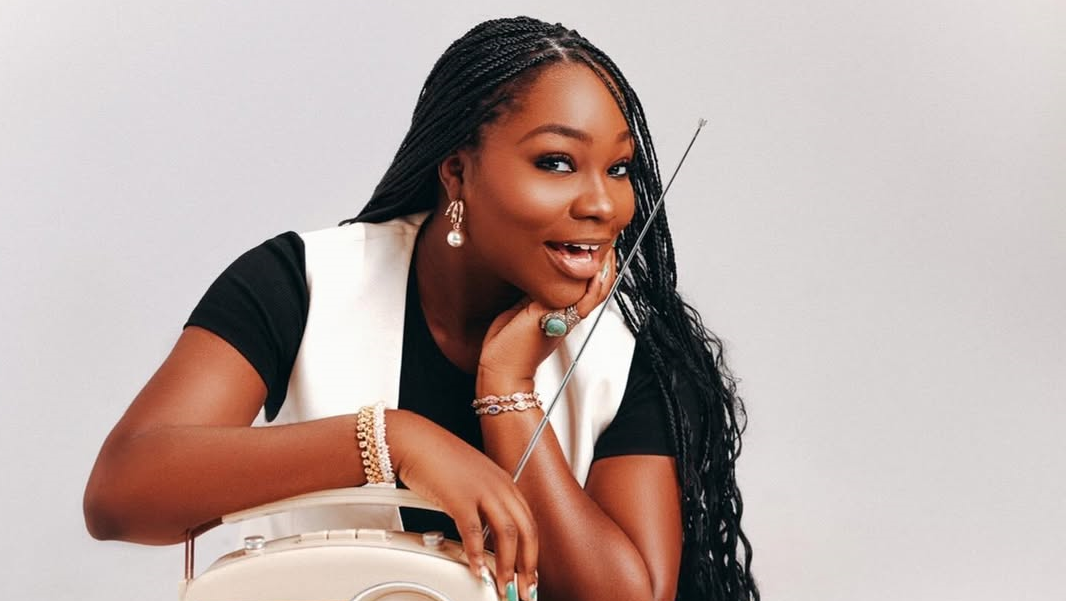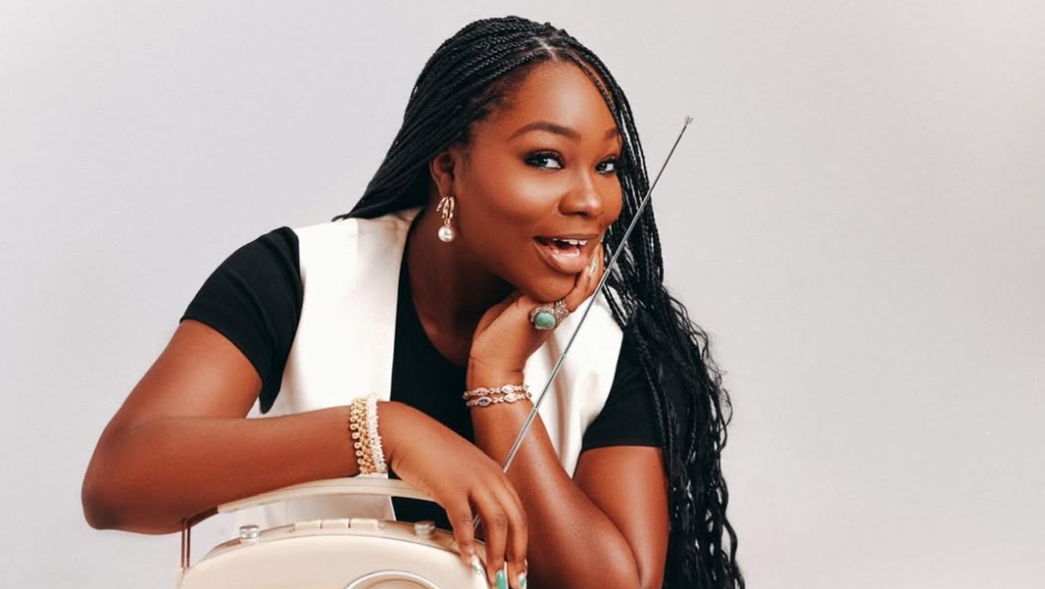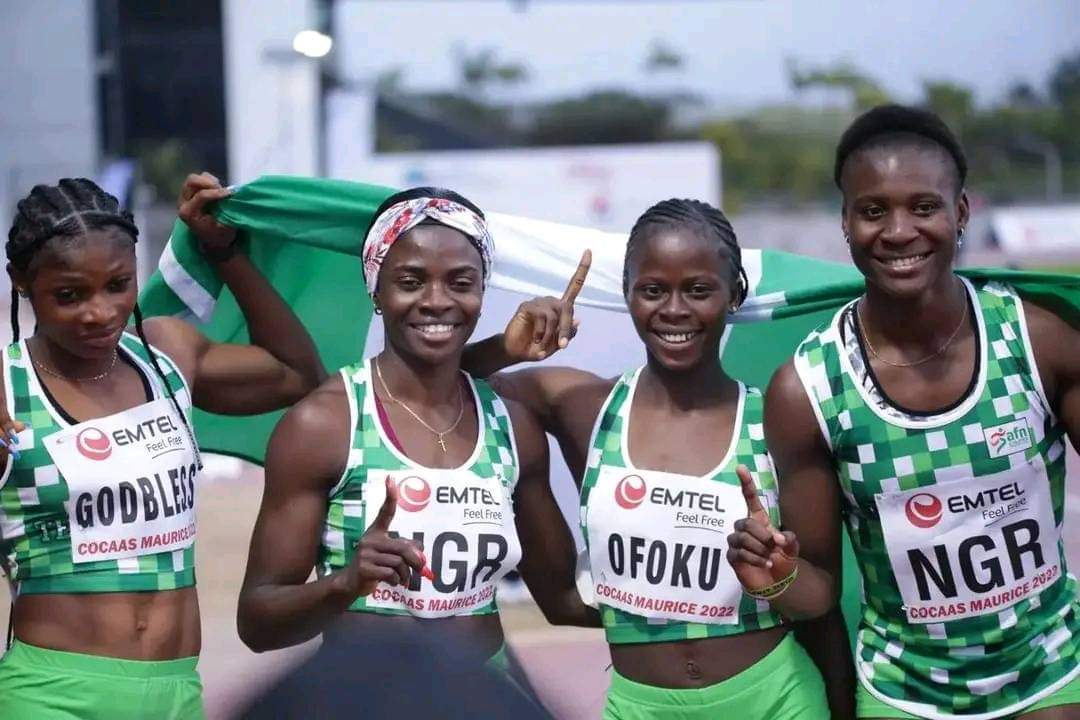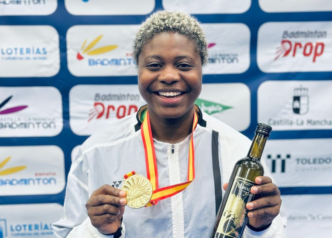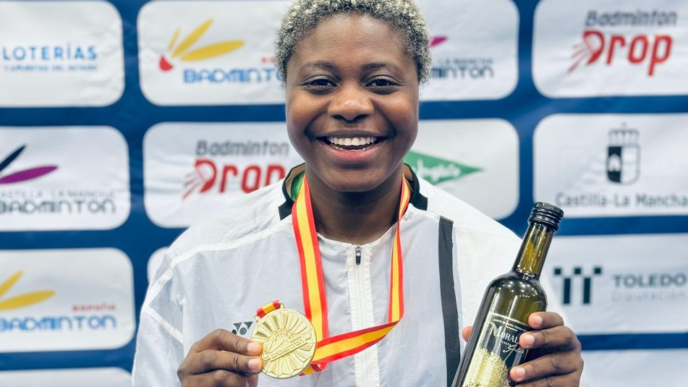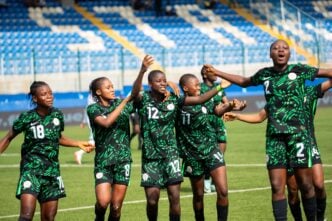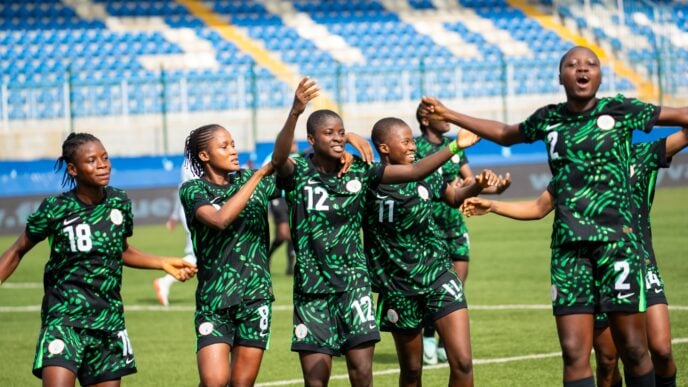Debbie Larry-Izamoje
Debbie Larry-Izamoje is the chief executive officer (CEO) of Brila Media. She leads the operations of Nigeria’s first and only sports radio. Debbie holds a Bachelor of Science degree in Information Management from the University of Sheffield, UK, and a Master’s degree in Management from the University College, London (UCL) and certifications in Innovation and Strategy from Harvard University, User Innovation from the Massachusetts Institute of Technology (MIT), Sports Business Management from Lagos Business School. With these qualifications, she has been able to oversee the deliberate diversification of Brila into a multimedia group with eyes beyond the traditional broadcasting and printing, but with digital services and other innovations at heart. Sports journalism has always been a male-dominated industry, but Debbie is not just surviving as a woman; she thrives.
Aside from her efforts at Brila, Debbie also launched Football for Girls Africa (FGA), an initiative that provides support for girls seeking career paths in football. The programme kicked off in 2024, in partnership with the Nigeria Football Federation (NFF), and has impacted the lives of 3,000 girls in just 12 months.
In early April, Debbie was in Rabat, Morocco, to participate in the World Football Summit (WFS), where she drew on her experience with the FGA initiative to administer lessons European and African clubs can learn from one another.
In this chat with TheCable, Debbie discusses FGA and its impact within and beyond football for girls, her vision for women’s football in Nigeria, and her rise in a male-dominated industry.
Advertisement
TheCable: Football for Girls Africa (FGA), an initiative supporting young girls in football careers. Kindly tell us about this project and what led you to Morocco.
Debbie: Football for Girls Africa (FGA) is very close to my heart. It’s an initiative I founded to empower young girls through football, not just as a sport but as a gateway to broader career opportunities within the football ecosystem. We want girls to know that there’s a place for them in football, whether as coaches, lawyers, broadcasters, physiotherapists, medics, entrepreneurs, you name it. Through FGA, and with the support of the Nigeria Football Federation and our corporate partners, we’re aiming to reach 3,000 girls across Nigeria in one year and expand to other nations thereafter. The goal is to expose them to the endless possibilities the world of football holds and help them build real, sustainable careers in it.
Advertisement
My trip to Morocco was in line with this mission. I was honoured to be part of the World Football Summit (WFS) in Rabat, where I drove the conversation on “Challenges for Football Clubs: Similarities of European & African Clubs and What They Can Learn from Each Other.”
This conversation happened with other stakeholders and world leaders like the 3rd vice president of CAF, FIFA representatives, and the Federation Presidents of other African countries. It was a powerful space to exchange ideas with these football leaders from across the globe and advocate for more visibility and capital investment in African football, especially at the club level.
Again, it was also a truly great avenue to share what we are doing at Football for Girls Africa in Nigeria, with these global leaders. Then, at the Female Leaders gathering, I got to speak and engage with other women making strides in football across Africa and the broader world.
TheCable: How would you describe the state of women’s football in Nigeria, and what can be done to improve the situation?
Advertisement
Debbie: Women’s football in Nigeria is growing, but we need more intentionality. Our girls are doing well; look at our track record at international tournaments. But success on the pitch needs to be backed by visibility, funding, and policy. Brands, governments, and stakeholders must put their weight behind women’s teams and the women’s football ecosystem.
There’s a lot of talent here, but talent needs structure. That’s part of what we’re doing with Football for Girls Africa: creating a pipeline, sparking interest early, and giving girls the resources and networks to go far.
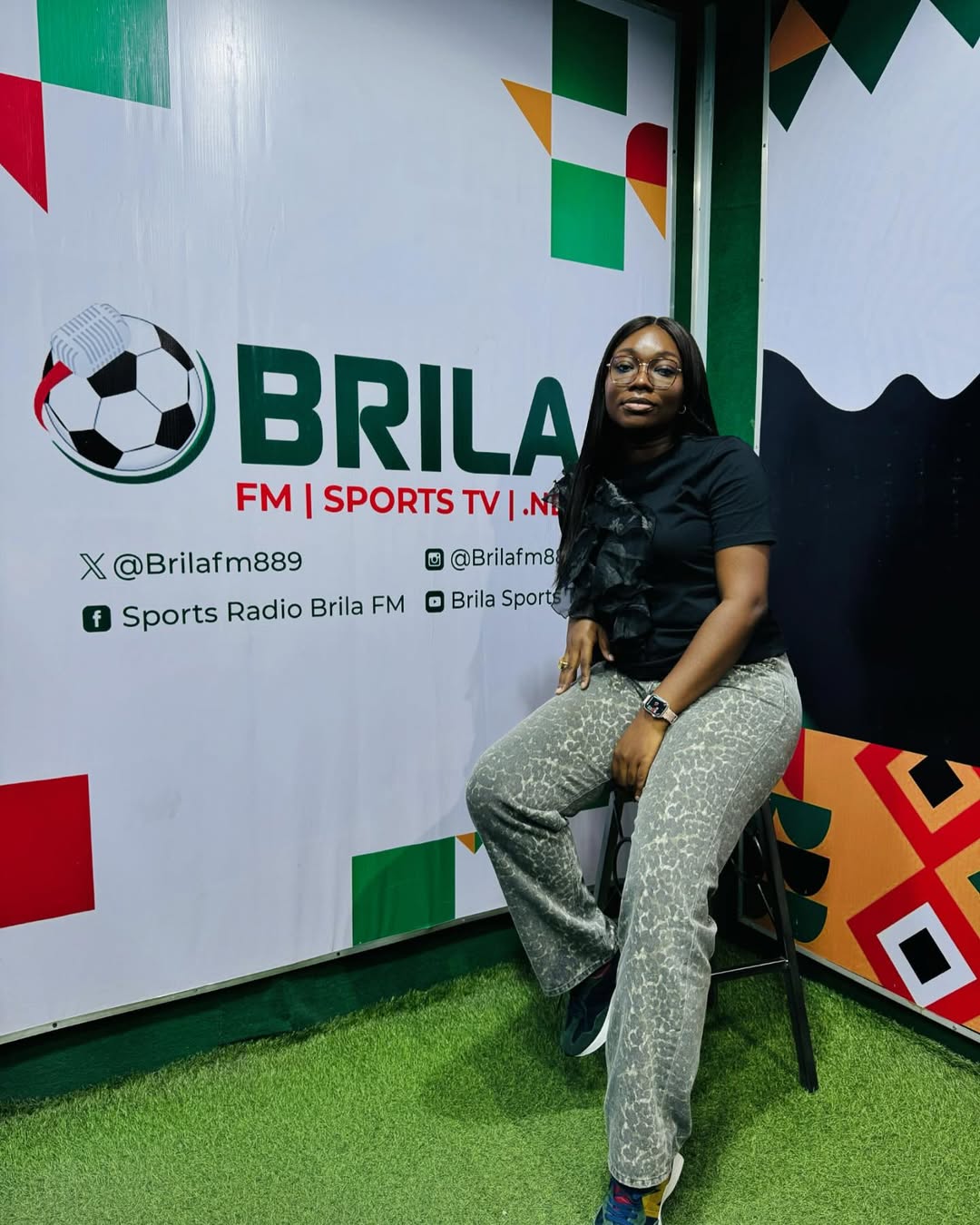
Debbie: I won’t sugarcoat it; it hasn’t been easy. You walk into rooms where you’re the only woman, and sometimes you’re expected to prove yourself twice over. But I’ve learned to stand tall, to let the work speak. Being the CEO of Brila Media and taking over a legacy brand meant I had to bring my A-game, strategy, innovation, and boldness.
Advertisement
That said, I have also had great mentors, including my father, and I am thankful for the growing number of women who are breaking through in sports media, journalism, and management. It’s our time now. But we need to keep the doors open for others coming behind.
TheCable: With the growing popularity of AI and its disruption of the media industry. As a sports media proprietor, do you see AI as a tool or a threat to the industry?
Advertisement
Debbie: AI is a tool. A powerful one. It’s all about how we choose to use it. At Brila Media, we’ve always been about innovation, so we’re leaning into AI to enhance what we do, not replace it.
Of course, there are valid concerns about job displacement, but that’s why platforms like ours must also commit to reskilling and upskilling our teams. It’s not about fighting change; it’s about evolving with it. And more importantly, making sure Africa is part of the innovation conversation, not just a consumer of it.
Advertisement
TheCable: Can you also tell us about the event that happens in Morocco?
Debbie: The World Football Summit in Rabat was a landmark event. It brought together thought leaders, club presidents, executives, lawyers, and media leaders from around the world to talk about the future of football. The theme was timely: “Challenges for Football Clubs: Similarities of European & African Clubs and What They Can Learn from Each Other.”
Advertisement
I had the privilege of being part of a dynamic panel alongside Eng. Hersi Said (President of Young Africans SC), Mohammed Hamdi (International Director of Sport at Feyenoord), José Collado Ripoll (Head of International Sports Projects at Sevilla FC), and Sarah Solemale, a respected football governance expert.
We talked openly about the challenges African clubs face, especially in terms of structure, capital, and visibility, but also how much potential lies here. I stressed the role of brands and governments in enabling the teams. We don’t just need applause, we need investment. And platforms like WFS are key to making that case globally.
